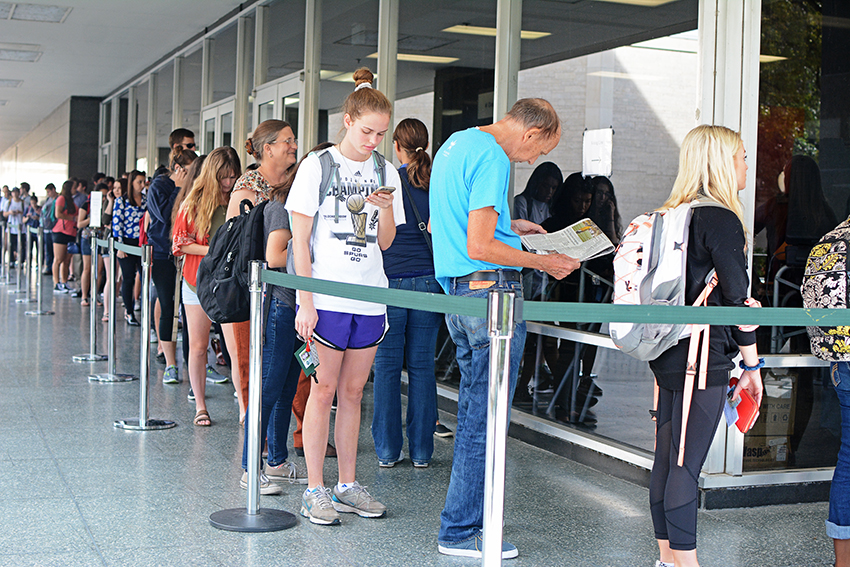In this space last week, we urged readers of all political persuasions to stay hopeful that President-elect Donald Trump might somehow channel his vitriolic campaign rhetoric into positive reforms to America’s political culture — and to stay vigilant against any of his potential abuses of power.
Since then, Trump has appointed alt-right sympathizer Stephen Bannon as his chief strategist and offered Lt. Gen. Michael Flynn, currently employed as a lobbyist by the Turkish government and as a security analyst on Russia’s state-run TV station, the role of national security adviser. He has refused to divest from his business holdings, setting up unprecedented conflicts of interest through which he could rob and defraud the American public with no oversight. He dodged the question of whether he would prosecute Hillary Clinton for using a private email server during her term as Secretary of State. Meanwhile, he’s conducted classified conversations with foreign leaders on his private cell phone.
So in lieu of debate over whether any of this is acceptable or normal — it is not — our Forum this week tackles the electoral quirk that created this quagmire in the first place, given that Hillary Clinton’s lead in the national popular vote increases daily.
When Alexander Hamilton proposed the Electoral College in Federalist No. 68, he hoped that it would “afford as little opportunity as possible to tumult and disorder” by functioning as a two-step verification system for the presidency. The process of having the general public cast votes for designated electors — who would in turn choose the president — was designed not only to provide rural states with a disproportionate say in the outcome of the race, but also as a check against popular will lest the people elect a demagogue.
The power of individual electors is how Andrew Jackson lost the 1824 election despite winning pluralities in the popular and electoral votes, and how Democrats effectively traded the presidency to Republican Rutherford Hayes in exchange for a promise to end Reconstruction in 1876. But after direct elections came into vogue around the turn of the 20th century, the Electoral College spent most of modern American political history as a vestigial rubber stamp on the popular opinion it was designed to temper.
It’s ironic, then, that this year’s winner of the electoral vote — exactly the sort of populist whom Hamilton intended to keep away from the presidency — actually lost the popular vote. Our two featured articles this week address this inconsistency from different angles: Columnist Ethan Elkins argues that a national popular vote would better represent the will of the people, while guest contributor Aaron Lassmann fears that abolishing it would represent a dangerous breach of America’s federalist traditions. And on our website, you’ll find a take on the philosophical underpinnings of a Trump presidency from philosophy professor Al Martinich and classics professor Tom Palaima.
As always, we encourage you to share your thoughts at [email protected].
Shenhar is a Plan II, economics and government senior from Westport, Connecticut. Follow him on Twitter @jshenhar.





















